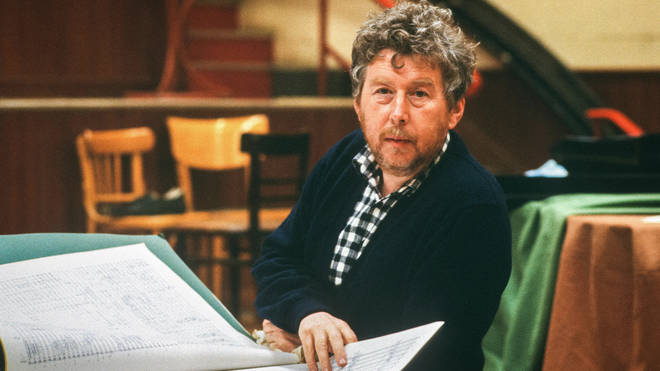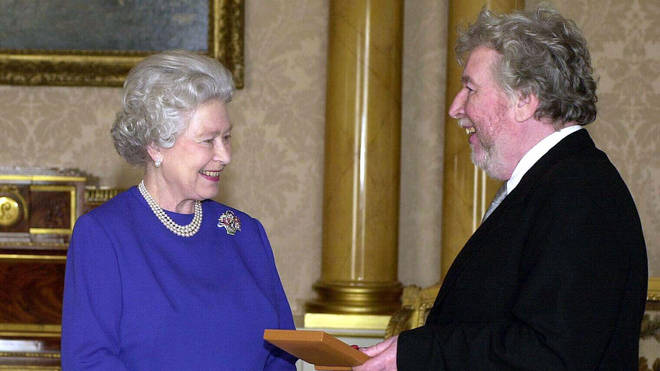
Harrison Birtwistle was one of Britain’s most celebrated contemporary classical composers.
The groundbreaking British composer Harrison Birtwistle, who won international acclaim for his 1972 composition The Triumph of Time and 2008 opera The Minotaur, has died aged 87.
Birtwistle’s publisher Boosey & Hawkes confirmed that the composer died at his home in Mere, southwest England on Monday 18 April. No cause of death was given.
The Royal Philharmonic Orchestra described Birtwistle as a “true musical colossus” whose “music shook the Earth”.
Birtwistle wrote in a plethora of musical forms, including chamber pieces, operas and one film score, The Offence (1973) starring Sean Connery, and had works staged by the Chicago Symphony Orchestra, Royal Opera House and English National Opera.
His opera The Minotaur, which premiered at the Royal Opera House, was hailed by The Guardian in 2019 as the third-best piece of the 21st century.

Born in Accrington, Lancashire in 1934, Birtwistle went on to study and composition at the Royal Manchester College of Music (now Royal Northern College of Music) alongside his contemporary, Peter Maxwell Davies. In 1965, Birtwistle sold his clarinets and turned his attentions solely to composition.
The great modernist became musical director of the Royal National Theatre in London from 1975 to 1983, was knighted in 1988 and made a Companion of Honour in 2001, after seven years spent as Henry Purcell Professor of Composition at King’s College London.
Birtwistle, whose musical influences included Stravinsky, Olivier Messiaen and Erik Satie, was uncompromising and utterly unique in his compositional style. His best-known works, which include the 1998 Exody premiered by Chicago Symphony Orchestra under Daniel Barenboim, employ complex rhythms and unconventional harmony, which both delighted and divided listeners.
Staunchly non-conforming in both his music and his manner, Birtwistle once told a room of pop musicians at the Ivor Novello awards: “Why is your music so f****** loud?”, while accepting his 2006 award. “You must all be brain dead. Maybe you are. I didn’t know so many cliches existed until the last half-hour. Have fun. Goodbye.”
Pierre Boulez, one of the modernist’s greatest admirers, said: “Birtwistle’s music has a great power to convince.”
In tribute to the late musical great, British composer Thomas Adès cited the composer, saying: “Harrison Birtwistle once said of Messiaen ‘when he dies the whole house of cards will fall down’. I feel a bit like it has fallen today.”
The English National Opera, which staged Birtwistle’s The Mask of Orpheus in 1986, said: “Everyone at the ENO is heartbroken to learn of the death of Sir Harrison Birtwistle. His musical influence was unparalleled and we were proud to recently collaborate with him on The Mask of Orpheus.”
In 2014, Birtwistle was awarded his fifth Royal Philharmonic Society music award, making him the most RPS-honoured musician in history. “There was force and potency in every note he wrote,” the RPS wrote. “We will listen in awe to his works for decades to come.”
Birtwistle’s wife Sheila Duff died in 2012, and he is survived by his three sons and six grandchildren.





